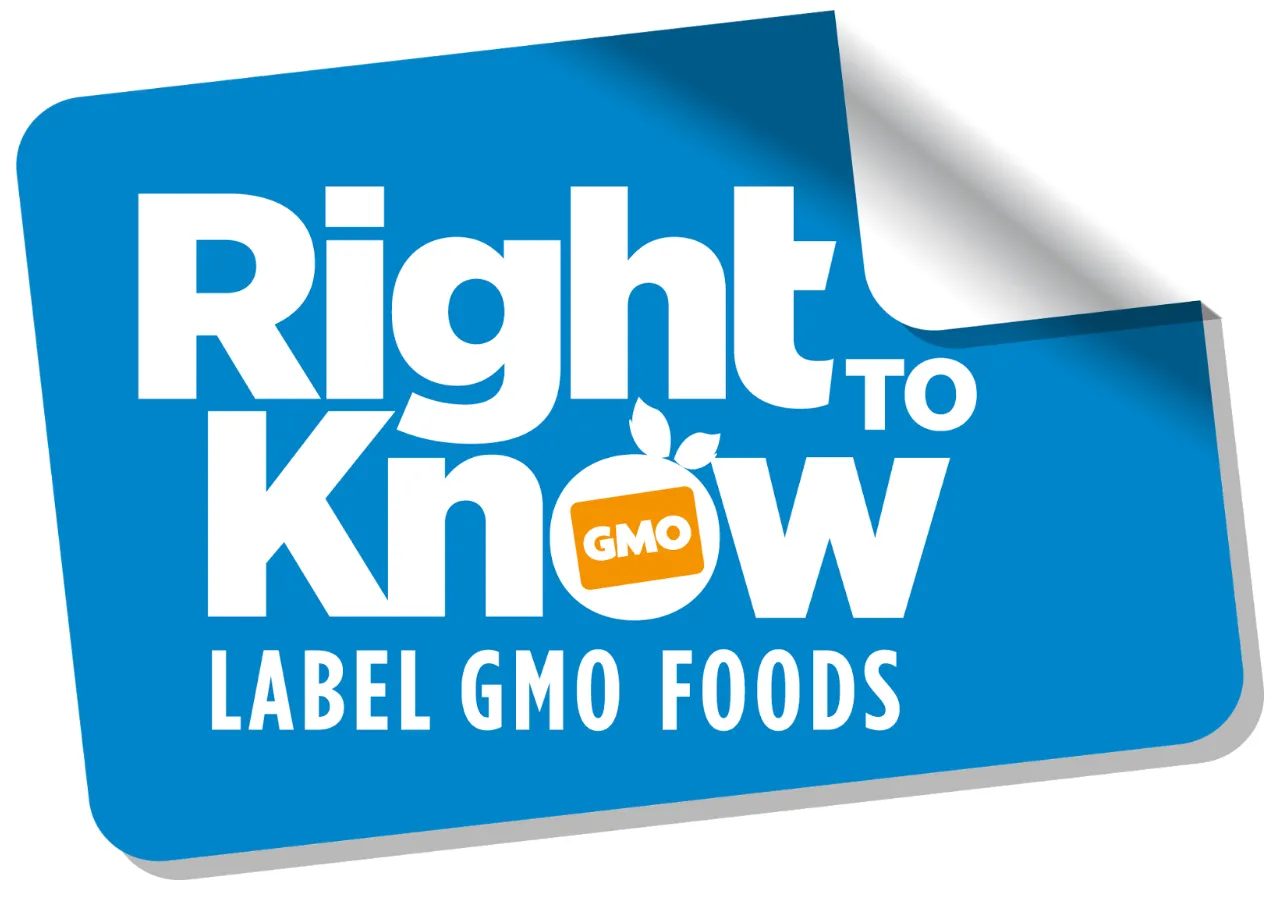Table of Contents
GE products like the FLAVR SAVR tomato have had incredible benefits engineered into their genomes, including longer shelf lives, pest resistance, and more nutrient content. But one of the great societal benefits of GE foods that helped spur the initial success of the FLAVR SAVR is one of choice; GE foods, by simply existing, provide another option for consumers beyond conventional and organic crops. In an industry increasingly homogenized by biodiversity loss, a technology that increases consumer choice and deliberately diversifies the gene pools of many crops is essential.
However, the initial success of the first GE food crop didn’t last long. Thanks to the Pusztai affair, the FLAVR SAVR tomato had disappeared from store shelves by the dawn of the new Millenium. After Dr. Árpád Pusztai appeared on British television in 1998 and revealed preliminary data suggesting that engineered potatoes may cause health problems in lab rats, a trigger-happy media turned his words into a blanket indictment of genetically engineered foods. Despite the mountains of evidence proving the safety of GE foods since 1998, the irrational fear of those foods has survived even to today.
When it comes to politics, that fear manifests itself primarily through the push for mandatory labelling of genetically modified organisms, or GMOs. Last June, Connecticut became the first state in the US to require labelling of baby food and formula containing GMOs. Days later, Maine followed suit with a more general requirement for “disclosure” of GMOs in food, which also included language preventing producers from labelling genetically engineered products as “natural.” Vermont has since also passed the first general GMO labelling laws, to take effect in 2016.
The idea of labelling GM foods isn’t a new one. Since the late 1990s, the European Union has implemented similar laws, and they updated them in 2003 to include products that contain even residual proteins from engineered DNA. Japan, Australia, and some other countries have since followed suit.
Europe’s experiment in particular with labelling GMOs, all in the name of improving consumer knowledge and choice, has taught us some valuable lessons—the most salient is that the true effects of labelling policies are a reduction of consumer choice and a heightening of unwarranted fears about genetically engineering our food. Since European nations introduced their mandatory labelling requirements, genetically modified foods have vanished in many of those countries. European food producers feared public backlash and economic ruin for selling foods labelled as “containing GMOs”, and as such, they, instead of their consumers, chose against engineered food. Their fears make sense though, since those labels function in practice as cigarette warning labels are supposed to function in theory: as dire warnings against potential harm. With opinion polls in Europe showing that 60% of people currently and irrationally interpret GMOs as inherently harmful, those labels can only exacerbate people’s fears.
Bringing policies for mandatory labels across the Atlantic *en masse *will have the exact same effects. That same poll indicated that over 60% of Americans already see GMOs as harmful to human health, so the likelihood of required labels coming across as innocuous informational tools is even slimmer than it was in Europe a decade ago.
This is particularly true given how many in this country think about the term “GMO” in the first place. A good number of people do know that the term refers to some kind of genetic change, like the people Jimmy Kimmel asked about GMOs for his show, but only a smaller handful of people can (accurately) say that the term “GMO” applies to transgenic organisms, or those that have genes originally from other species engineered into their genomes.
More problematically, few people outside of biological, biotechnological, and genetic circles understand that such GMOs should properly be called something like “GEOs,” or genetically engineered organisms. After all, fundamentally speaking, every crop and every farm animal we as a species have cultivated, corralled, and consumed in the last 10,000 years has been genetically modified. The wild ancestors of maize, wheat, and every other staple of the human diet look almost nothing like their descendants, thanks to the fact that ancient farmers modified the genomes of those ancestor plants to suit their needs through the random gene movements achieved via selective breeding. Even without restriction enzymes, Neolithic humans practiced an effective, albeit crude, form of genetic engineering.
While the debate about whether to cover transgenic foods with stickers and red tape rages on, modern farmers still use that crude genetic engineering to improve our food supply. Yet strangely, many still argue that using selective breeding to randomly shift hundreds or thousands of genes around is more natural and more safe than precisely introducing a gene into a specific location.
Only a great deal of time and concerted effort by the scientific community will banish that idea, as well as the others that come from seeing GEOs as dangerous, from our national consciousness. Until we reach that point, the same fate that befell them in Europe will befall them here if mandatory labelling of GEOs becomes common across the country. With their bottom lines at stake, big agribusiness and small farmers alike would face incredible pressure to abandon the pursuit of genetically engineered crops. And just like our counterparts across the ocean, we’ll lose actual choice in what we eat.





